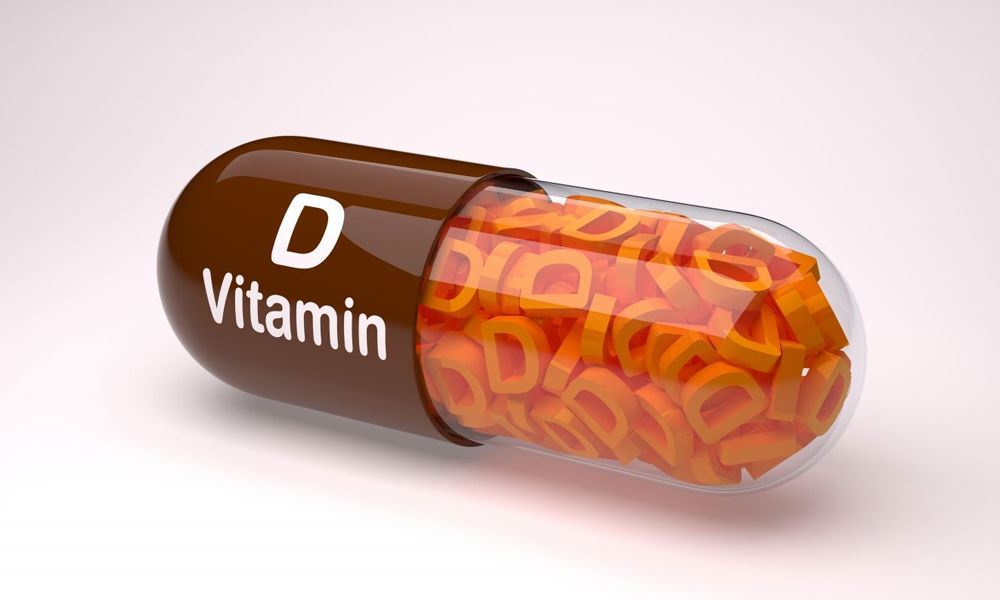Vitamin D impacts cognitive function

Washington: According to a recent study, improvements in memory were noted in obese older women who took three times the recommended dose of Vitamin D. However, it was also seen that their reactions were slower.
The study was published in the Journals of Gerontology: Series A where they used computers to assess the impact of vitamin D on cognitive function. The researchers evaluated three groups of women between 50 and 70 years old in a randomized controlled trial.
One group took the recommended daily dose of 600 international units (IU), equivalent to 15 micrograms, of vitamin D each day for a year. Another group took 2,000 IU per day and the third took 4,000. All women participated in lifestyle counselling and were encouraged to lose a modest amount of weight.
The researchers found that memory and learning improved in the group that took 2,000 IU per day, but not in the group that took the higher dosage. Meanwhile, the women's reaction time showed a trend to be slower at 2,000 IU daily and was significantly slower at the higher dosage.
"The slower reaction time may have other negative outcomes such as potentially increasing the risk of falling and fractures. This is possible since other researchers have found that vitamin D supplementation at about 2,000 IU daily or more increased risk of falls, but they did not understand the cause. Our team's findings indicating a slower reaction time may be one answer. Many people think that more vitamin D supplementation is better, but this study shows that is not always the case," said senior author Sue Shapses.
Shapses further explained, "4,000 IU a day might not be a problem for younger people but for the elderly, it could compromise walking or catching one's balance to avoid a fall because their reaction time is slower. This is a presumption until future research can cover vitamin D levels, cognition and falls in one study."










